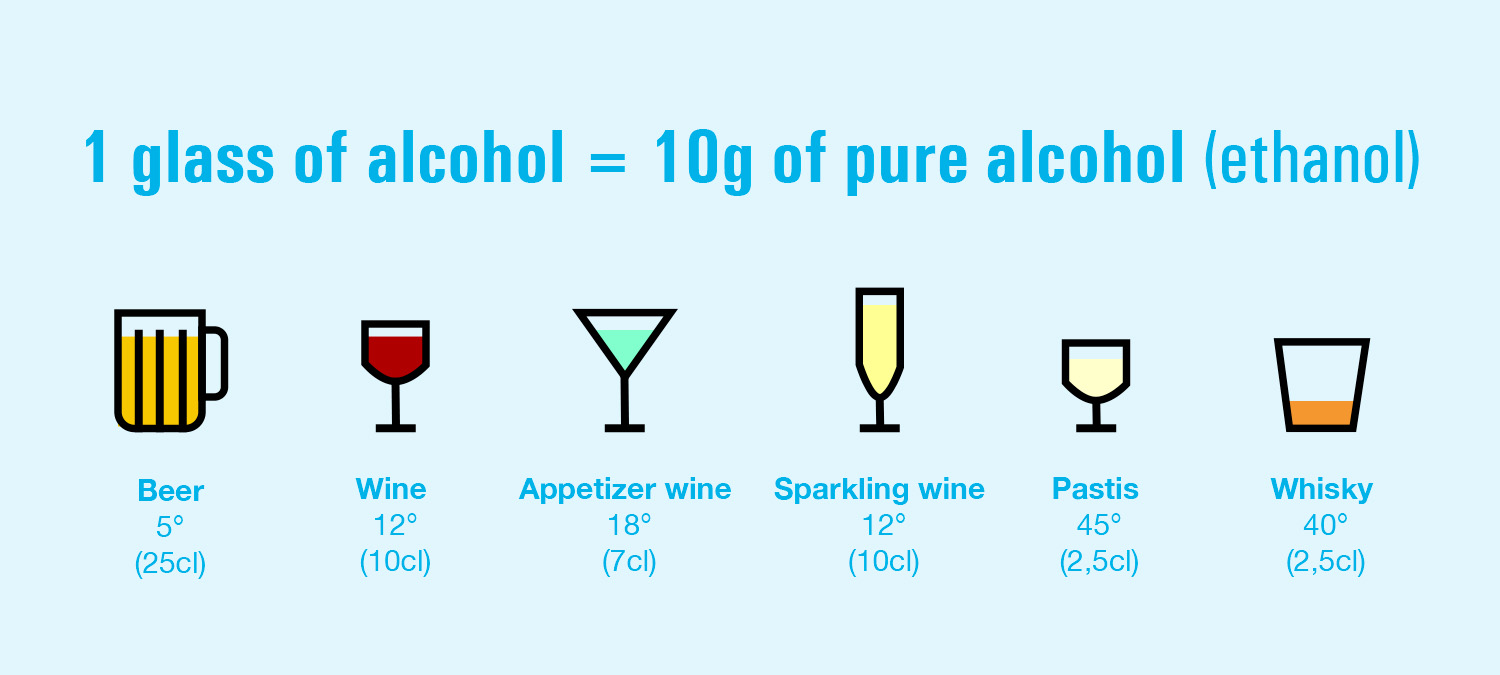Téléchargements
Alcohol and drugs in the workplace
Legislation
Situations related to alcohol and/or drug use in the workplace are governed by various texts :
- One determining the obligations of the employer : Article L312-1 : the employer is obliged to ensure the safety and health of employees in all work related aspects.
- Another reminding those of the employee : Article L313-1 : (1) it is the responsibility of each employee, according to his abilities, to take care of his safety and health as well as those of other persons concerned by his acts or omissions at work, in accordance with his education and the instructions of his employer.
- In addition, paragraph 4 of the law of July 23, 2015 which addresses the appropriate behavior in case of potentially risky work situations related to these issues : in order to achieve these objectives, employees must (...) immediately report, to the employer and / or designated employees and health and safety delegates, any work situation that they have reasonable cause to believe that it presents a serious and immediate danger to safety and health and any defects found in the protective systems.
Because of the complexity that can arise from these situations and the absence of internal regulations as such in Luxembourg, it is essential that each company establishes clear written procedures to define the roles of everyone in the company.
Effects
Drugs are classified according to the effects they have on the central nervous system in 3 categories :
- Disruptors/hallucinogens such as cannabis ;
- Depressants such as alcohol and heroin ;
- Stimulants like cocaine and amphetamines.
As a reminder, addiction is an irrepressible and uncontrollable need to use a substance despite the physical and psychological problems that the substance may cause or exacerbate.
Warning signs
| At work | Of the employee | Social |
| Tardiness and short absences | Mood swings (irritability, nervousness) | Avoidance and denial of facts |
| Oversights or misses in tasks | Change in attitude (withdrawal,...) | Impaired responsibility with blame shifting to others |
| Difficulty concentrating and remembering | Lack of personal care | Any opportunity to use substance is good and leads to a lack of restraint |
| Avoidance and isolation from supervisor or colleagues | Physical changes : Breathing, trembling, puffy face, etc. | Exclusion from self and others |
| Disinvestment at work |
Recommendations
For alcohol :
According to the World Health Organization (WHO), in order not to damage your health, it is recommended to :
- not drink more than 14 "standard drinks" per week for a woman and 21 for a man ;
- respect one or two days of abstinence per week ;
- include the occasional drinks in this weekly total, it consists for one’s health of not consuming more than 4 standard glasses by occasion, for women and men.

For other drugs :
Zero tolerance is the rule.
Determine your consumption
It may be useful to ask yourself
- Have you ever felt the need to cut down on your consumption ?
- Have people around you made comments about your drinking ?
- Have you ever had the impression that you were using too much ?
- Have you ever needed to consume the substance in the morning to feel energized ?
Two positive responses may indicate excessive consumption and justify a consultation with one’s general practitioner on this subject.
Consumption logbook
| Intake | Day | Hour | Place/activity | Alone or with others | Mindset | Importance of the desire, from 0 to 10 |
| 1 | ||||||
|---|---|---|---|---|---|---|
| 2 | ||||||
| 3 | ||||||
| .. |
What to do
If you feel directly or indirectly concerned by an alcohol or drug addiction, there are several contacts that can help you :
Externally :
- The ASTF : listens to you in complete confidentiality, assesses your situation and/or your state of health while respecting medical confidentiality. At the end of this medical evaluation, the occupational physician can refer you to the attending physician, a specialist (addictologist, psychiatrist, etc.) and/or propose psychological care at the ASTF and/or organize regular follow-up and/or issue recommendations for the workstation ;
- The general physician and/or the specialist : participates in the medical management and decides whether or not it is appropriate to prescribe time off work.
- Others :
Santé.lu - Alcool et dépendances
Centre national de Prévention des Addictions (cnapa)
Info-tabac (Fondation Cancer)
Jugend an Drogenhëllef
SOS Détresse - Hëllef iwwer Telefon
Centre thérapeutique pour malades d'alcoolisme d'Useldange
Riicht Eraus - Centre de consultation et d’aide pour auteurs de violence
Internally :
- The Manager and/or the HR Department : they may analyse the difficulties encountered, adapt the workstation if necessary and above all refer to the ASTF for specific care.
- The Designated Worker and/or the Delegation : they can provide a listening ear, give advice and refer to the occupational health service and/or the HR department.
If you are confronted with an employee who is intoxicated in the workplace or under the influence of substances, here is what to do :
1. Isolate the person in a quiet place under supervision and with a witness. Prevent any danger.
2. Conduct a short interview with the employee and take note of observations with a third party. Gather testimonies. Advise that the incident will be registered into the file.
3. If the employee denies the facts, he/she can have a medical examination and a blood test, but only at his/her own request (one cannot be forced to do so).
4. Contact a doctor if necessary : emergency service, attending physician, occupational physician.
5. Have the employee escorted home or call a relative. Under no circumstances should the employer allow the employee to return to his vehicle.
Then, once the crisis is over :
6. Schedule an interview with the employee prior to returning to work, the employee must be sober.
7. The interview should be conducted in a calm, caring manner between the employer and the employee, each accompanied by a witness.
8. Establish the facts simply and state the collectedtestimonies and evidence. The employee will be asked to state his or her facts and to position him/herself.
9. Direct the interview towards an agreement and obligations that the employee will accept. Define a precise framework (a charter) for the attitude and behavior to be adopted at the workplace and set up a regular follow-up.
10. Inform the employee that an appointment with the ASTF occupational physician has been requested.
11. Schedule a new interview within 1 month to 6 weeks.

